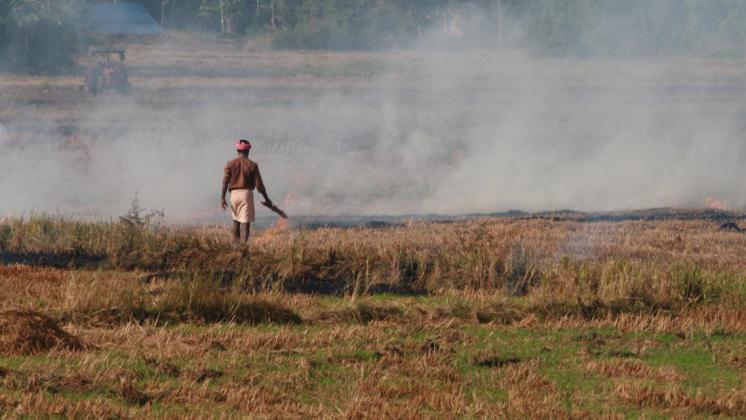CLEAR-SA Hosts Virtual Training Workshop on Measuring Impact of Environment, Energy, and Climate Action Innovations

Image credits: AJP | Shutterstock
The urgency to address environmental problems, energy access, and the climate crisis has never been more pressing. While exploring ways to confront these issues, it is crucial to test proposed innovations in real-world settings. In particular, in order to integrate climate change measures into national policies and strategies in line with the Sustainable Development Goal (SDG) 13: Climate Action, it is vital to investigate the effectiveness of interventions and scale up those that work.
Beyond climate science, research is also needed to understand various dimensions of policies aimed at addressing the climate crisis, reducing pollution, and expanding energy access, especially in low- and middle-income countries, including:
-
The factors that determine the adoption of new technologies;
-
Behavioral barriers that may impede the uptake of potential solutions; and
-
How vulnerable communities, who are often most exposed to these threats, can be equipped to tackle them.
In order to build stakeholder capacity in addressing these questions and developing evidence-informed policies targeted toward SDG 13, the Center for Learning on Evaluation and Results (CLEAR-SA) hosted a five-day virtual training on “Measuring the Impact of Environment, Energy and Climate Action Innovations” in September 2022. The course aimed to equip participants with an understanding of how to design rigorous evaluations to assess the effectiveness of programs within this space. This invite-only workshop saw participation from 21 representatives of NGOs, donor organizations, government agencies, and research institutions from India and Bhutan, including UNICEF, the Ministry of New and Renewable Energy (Government of India), DMEO - NITI Aayog (Government of India), UNDP, and Syngenta Foundation for Sustainable Agriculture.
The workshop was designed to be highly interactive with both lectures and hands-on case study sessions. Sessions were developed to explore questions related to evaluating the impact of energy and environmental interventions contextualized for South Asian stakeholders. One of the highlights of the workshop was a guest lecture by Dr. Juha Uitto, Director, Independent Evaluation Office of the Global Environment Facility (GEF), who spoke to participants about “Evaluation for Sustainable Transitions.”